How to keep flies off houseplants — 7 simple solutions for a pest-free home
Prevention is better than cure, say houseplant experts
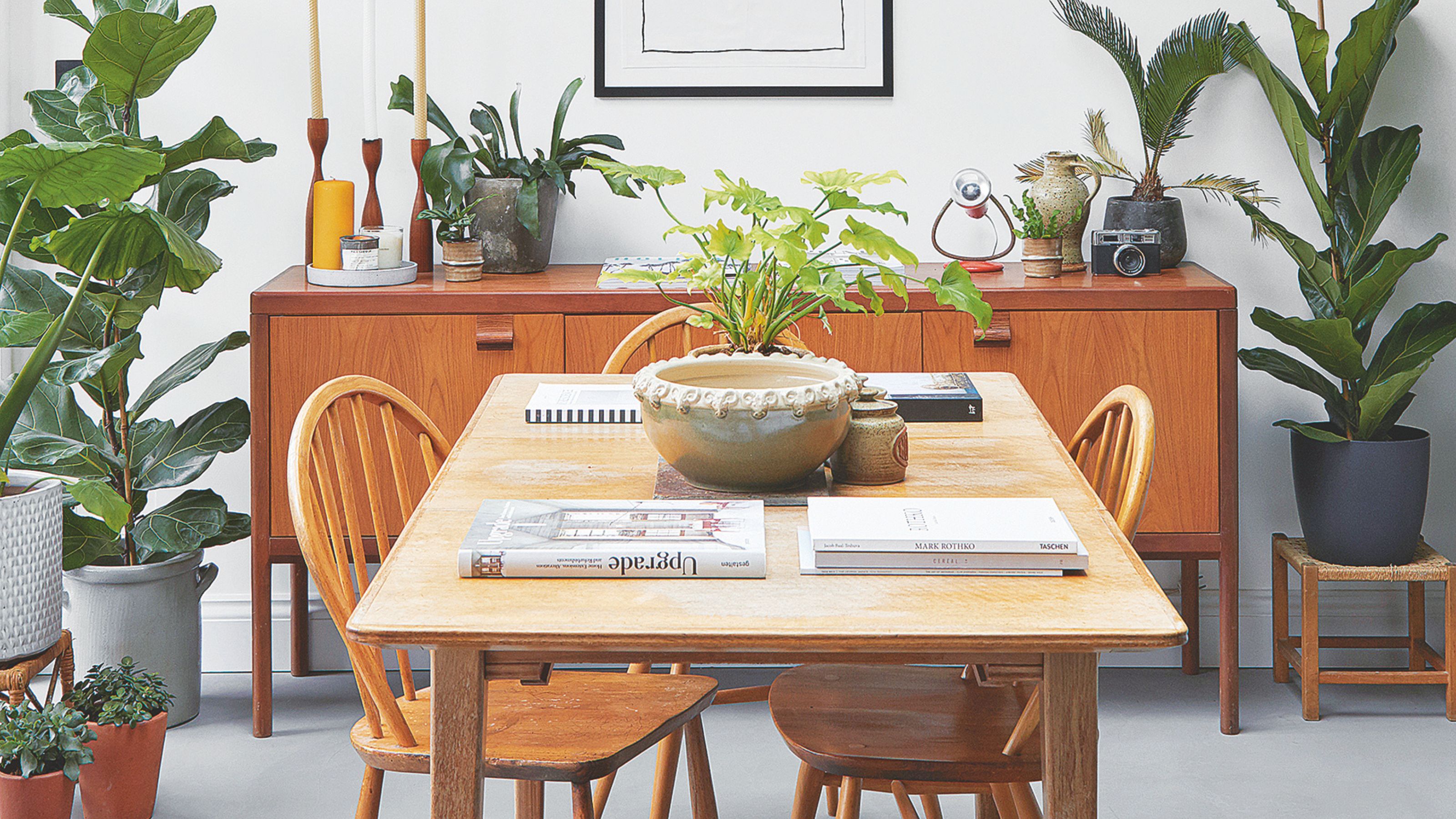
Sophie King
There’s nothing quite as frustrating as dealing with flies in the house, especially when they’re set on lurking around our indoor plants. If you’re wondering how to keep flies off houseplants, you’re not alone — and you’ve come to the right place.
Learning how to get rid of flies in the house is no joke, and we've all been there. Usually, you'll be looking to get rid of fungus gnats, which is one of the most common houseplant pests. But before you resort to a bottle of insecticide, you’ll need to consider how effective this method actually is.
‘Keep in mind that fungus gnat flies live in the soil of your plants, and not on the leaves or stems,’ explains Kelly Dyer, Patch’s plant doctor. ‘Spraying them with a natural insecticide, like you would do for other sap-sucking houseplant pests like mealy bug, thrips or red spider mite, is ineffective.’
If, then, you’re wondering how to keep flies off houseplants, we've spoken to plant experts and rounded up a list of the best ways to tackle them.

Patch’s plant doctor, Kelly Dyer, is an RHS-trained horticulturist and a lover of the botanical world who has honed her skills through almost a decade of study and work. She has hands-on experience as a head gardener, glasshouse gardener and freelance garden designer. Based in the UK, Kelly was born in South Africa, where her awe of the weird and wonderful world of flora was inspired.
How to keep flies off of house plants
Before you learn how to keep flies off houseplants, you'll need to think about why they're so attracted to your plants in the first place.
'Fungus gnats are attracted to damp soil and decaying plant matter, so houseplants with moist soil environments tend to be most susceptible,' says Ash Read from IndoorPlants. 'You may also occasionally find whiteflies, which look like tiny white moths, or fruit flies, which are attracted to overripe fruit and other food waste.'
From plant care adjustments to shop-bought traps, these are the best expert-approved ways to keep flies off your houseplants.
Get the Ideal Home Newsletter
Sign up to our newsletter for style and decor inspiration, house makeovers, project advice and more.
1. Don't overwater
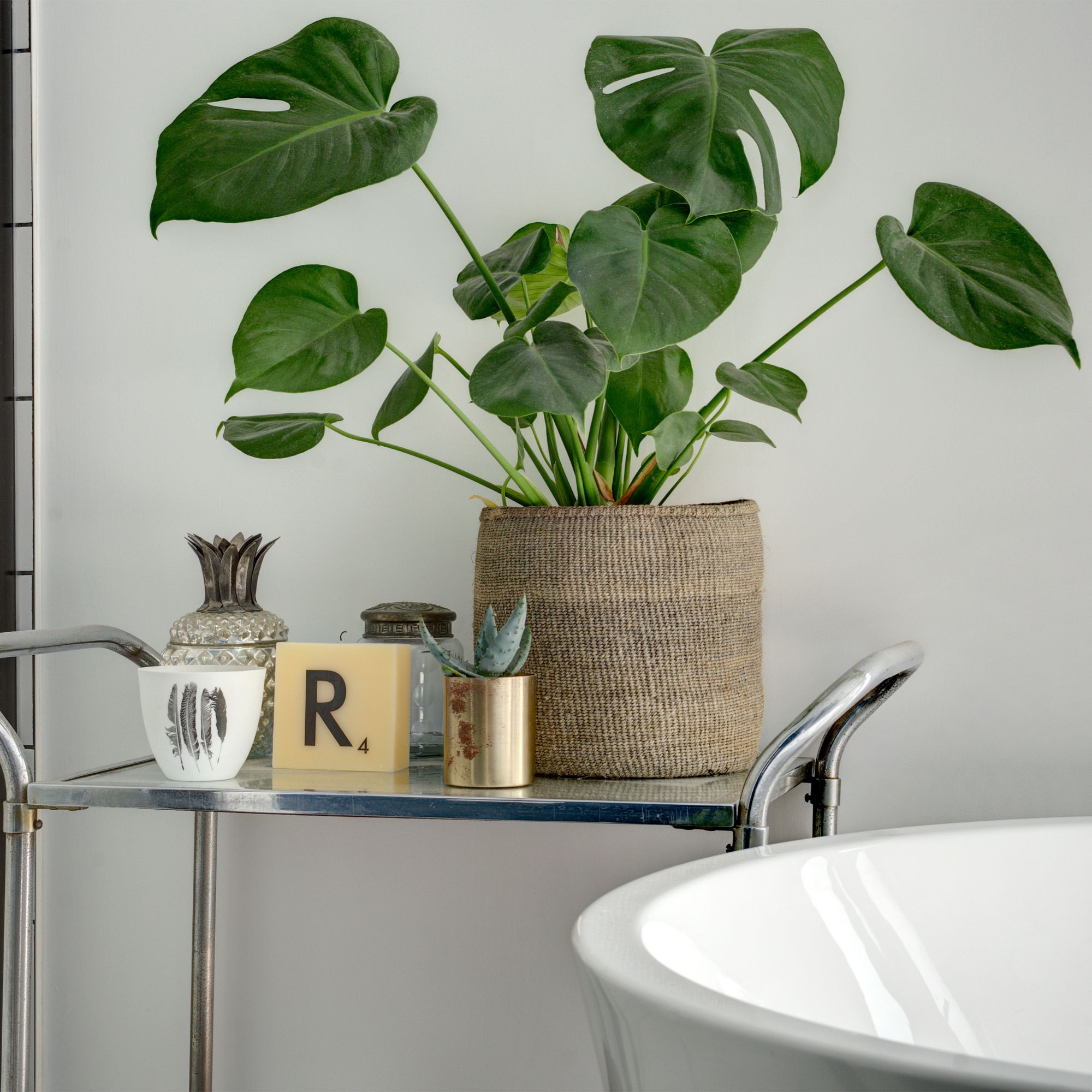
As the old saying goes, prevention is better than cure — and by adjusting your watering habits, you could lower the risk of your houseplants becoming a hotspot for flies. Plus, no one enjoys learning how to save an overwatered plant.
‘Overwatering can attract flies, so ensure the plants aren’t sitting in damp soil,’ advises Jo Lambell, founder of houseplant company Beards & Daisies.
Excess moisture provides ideal conditions for flies to lay eggs, too, so make sure your plants aren’t sitting soggy. A simple, affordable tool like the Westland Watering Indicator from Amazon can help you regulate your plants’ watering schedule.

Jo discovered her passion for houseplants in 2001 after transporting a 6ft Monstera home on public transport and realising there had to be a better way to get plants delivered. This sparked the idea for a business that makes plant delivery more accessible. Jo and her Plant Folk team are all about spreading the plant love, sharing expert tips with both budding and seasoned plant enthusiasts.
2. Water plants from the bottom
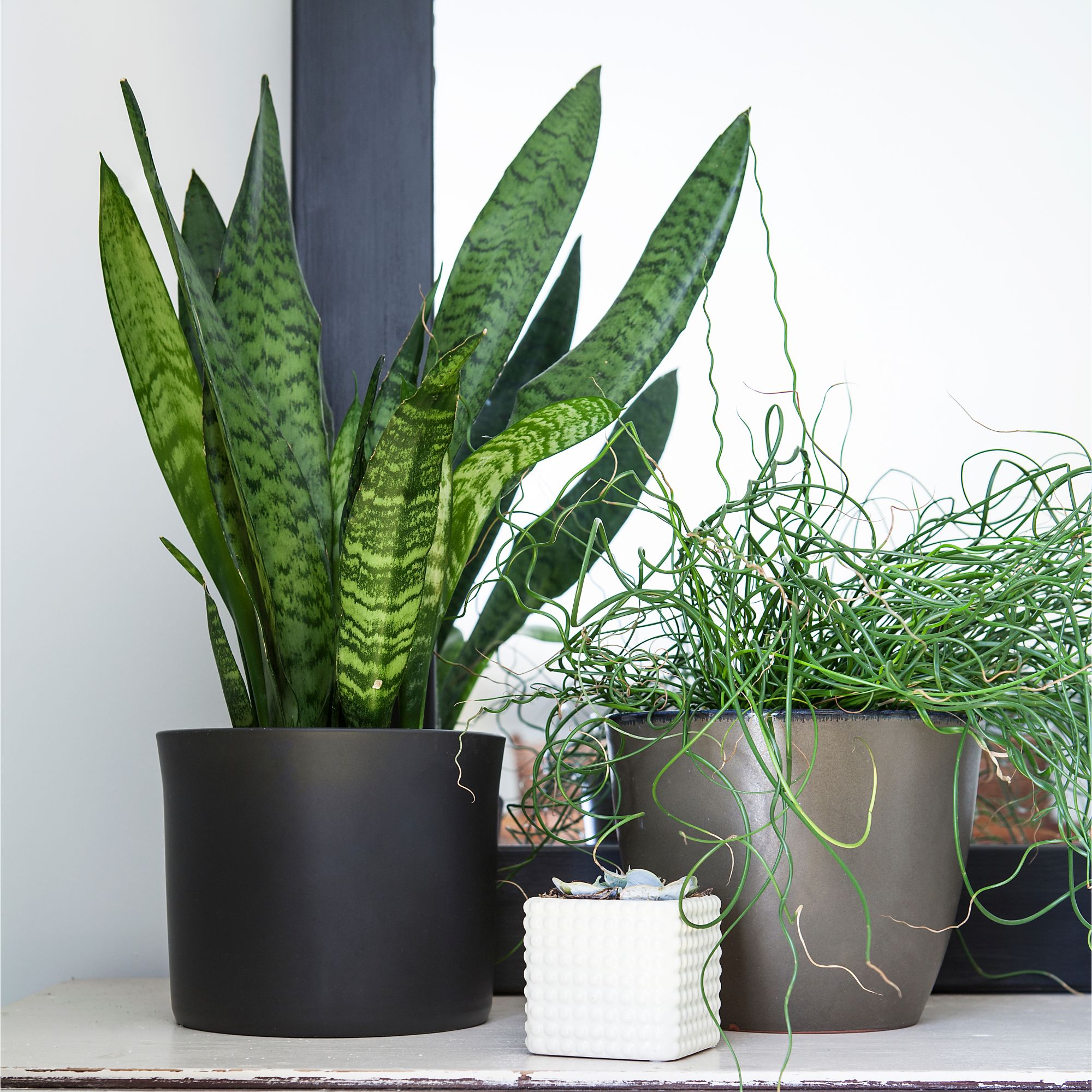
Another important part of learning how to keep flies off houseplants is ensuring you’re watering them the right way, as well as the correct amount.
Plant doctor Kelly says watering houseplants from the base is the safest method.
‘Flies generally lay their eggs in the top few centimetres of the soil surface, so by watering from below and keeping the top of the soil on the drier side, the flies are less likely to find the conditions favourable for laying eggs,’ she explains.
3. Cover the soil with horticultural grit
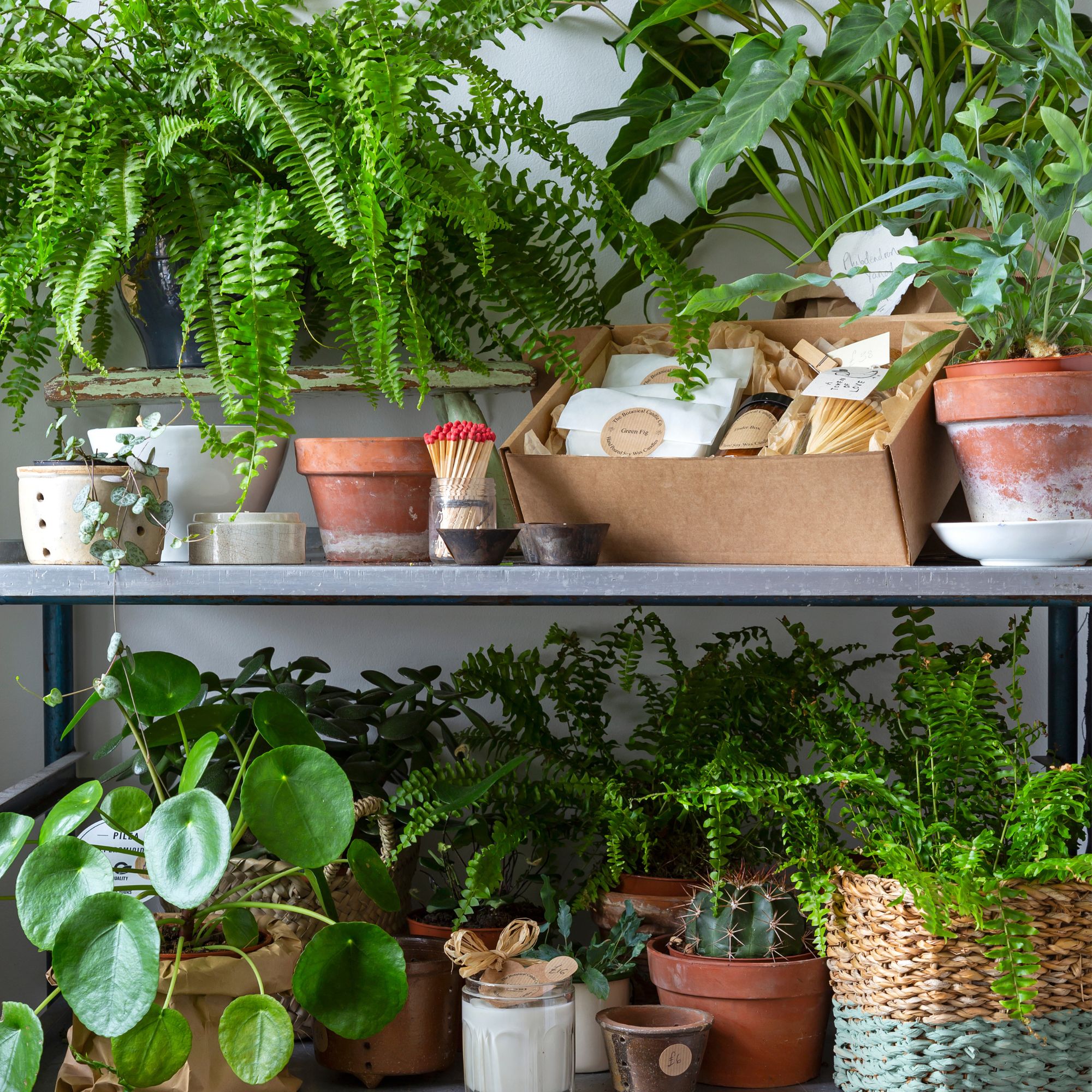
Mulch is commonly used on garden borders and beds to lock in moisture and protect plants from frost, but this method can be used to protect houseplants from flies, too.
'Top dress by applying a layer of horticultural grit (a minimum of one centimetre thick) to the surface of the soil,' advises Kelly. 'The particle size of the grit is important — it needs to be small enough that there are no gaps for the flies to squeeze between. LECA balls, for instance, are too big.'
Something like Westland's Potting Grit from Amazon should do the trick. Just be careful not to overwater when using indoor mulch, as it can cause plants to rot.
4. Use natural fly repellents
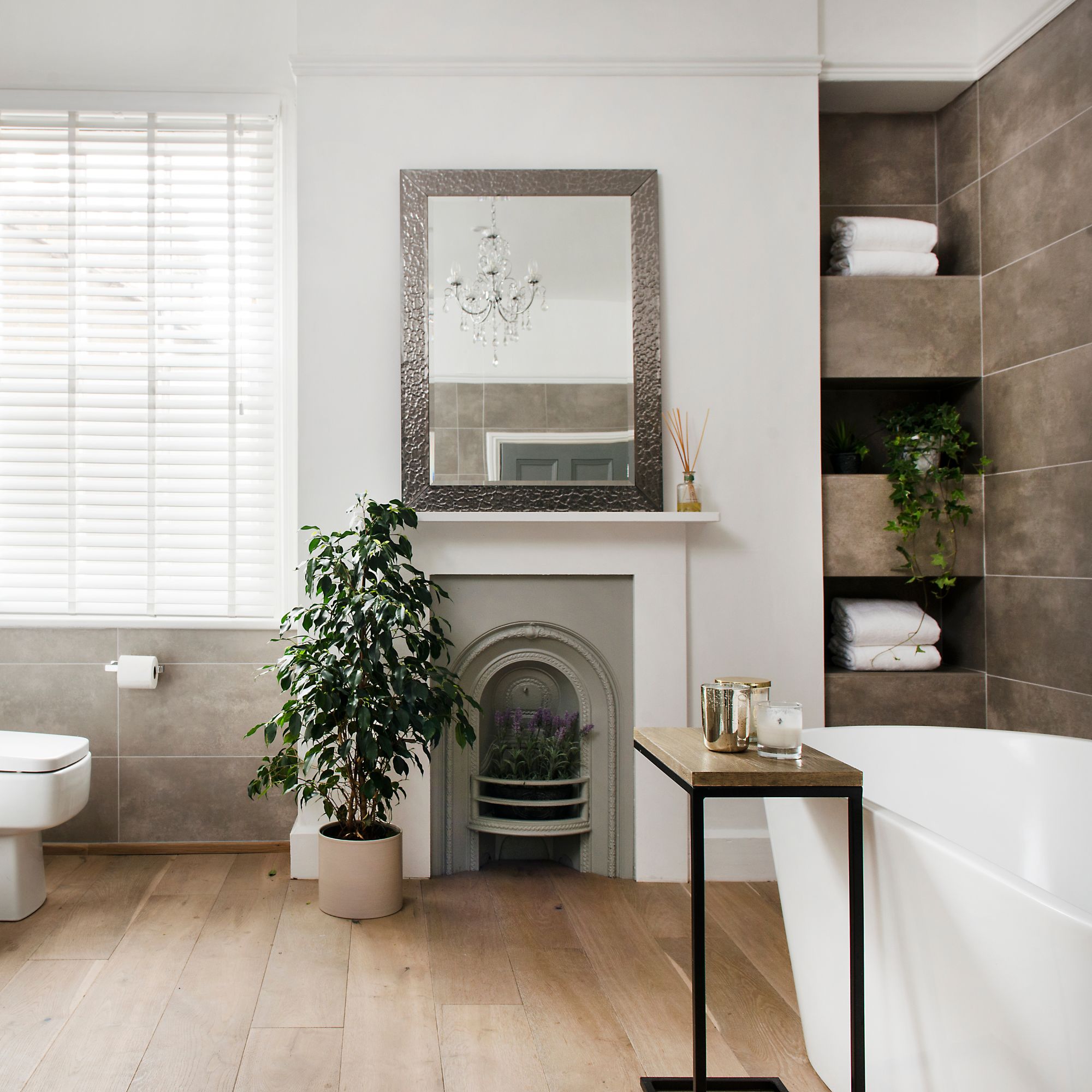
Basil, peppermint and other strong-smelling herbs are brilliant examples of naturally pest-repellent plants in the garden, and the same benefits can be enjoyed inside the home. Grow herbs in pots around your houseplants for a nifty companion planting idea.
The experts at Gardening Express also recommend using cayenne pepper by mixing one teaspoon with one cup of water in a spray bottle.
'Spray it near doorways, windows, plants and whenever you see a pesky fly,' they suggest. 'The smell of the cayenne pepper will also deter other insects, as it is so strong.'
5. Invest in yellow sticky traps
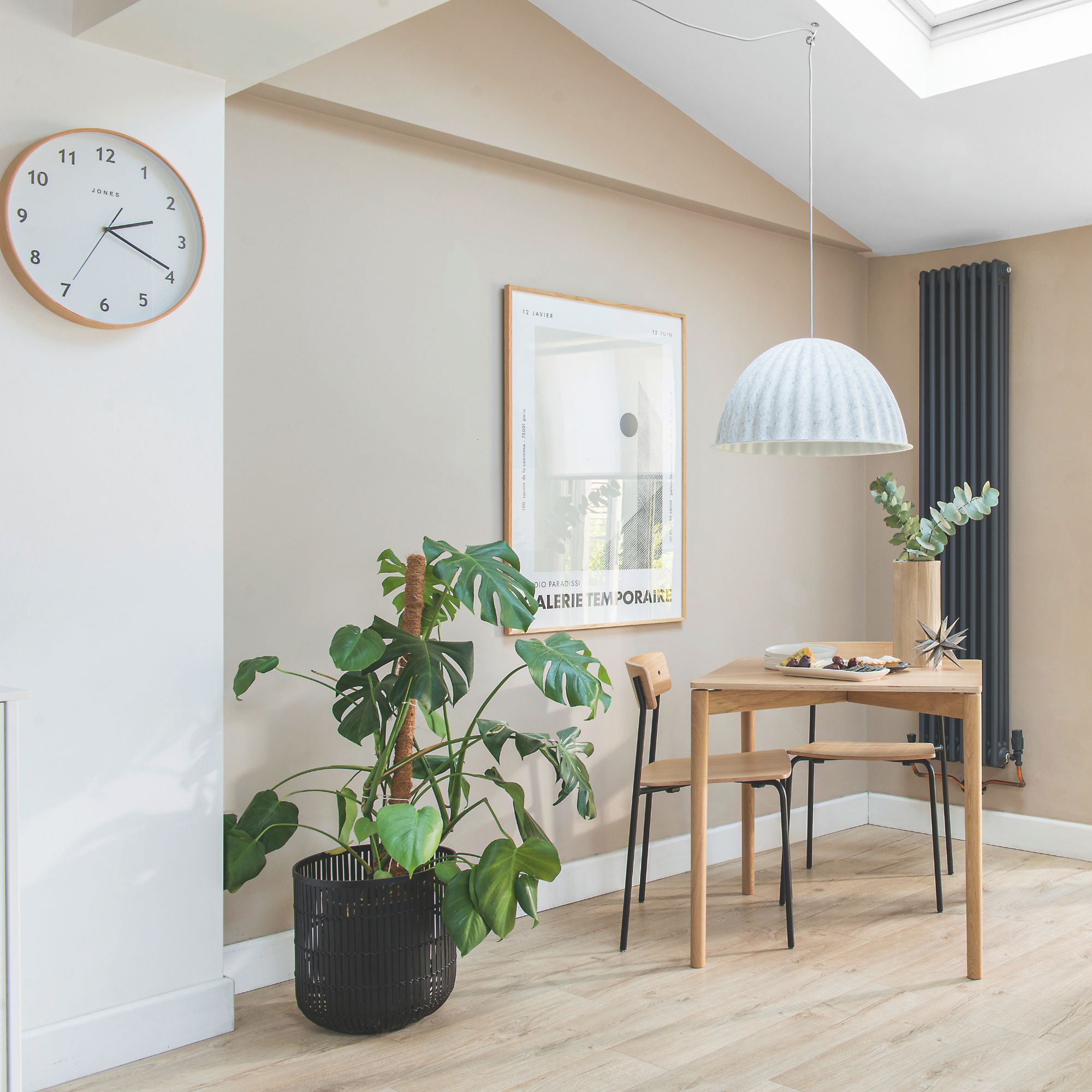
Another way to keep flies off houseplants is by catching them. You can buy yellow sticky traps like these fruit fly traps from Amazon. They're non-toxic, but coated with a sticky substance that traps flies when they land.
'They are especially effective against fungus gnats and whiteflies,' says Ash from Indoor Plants. 'Simply place them in your plant pots or hang them near your plants.'
6. Add diatomaceous earth to soil
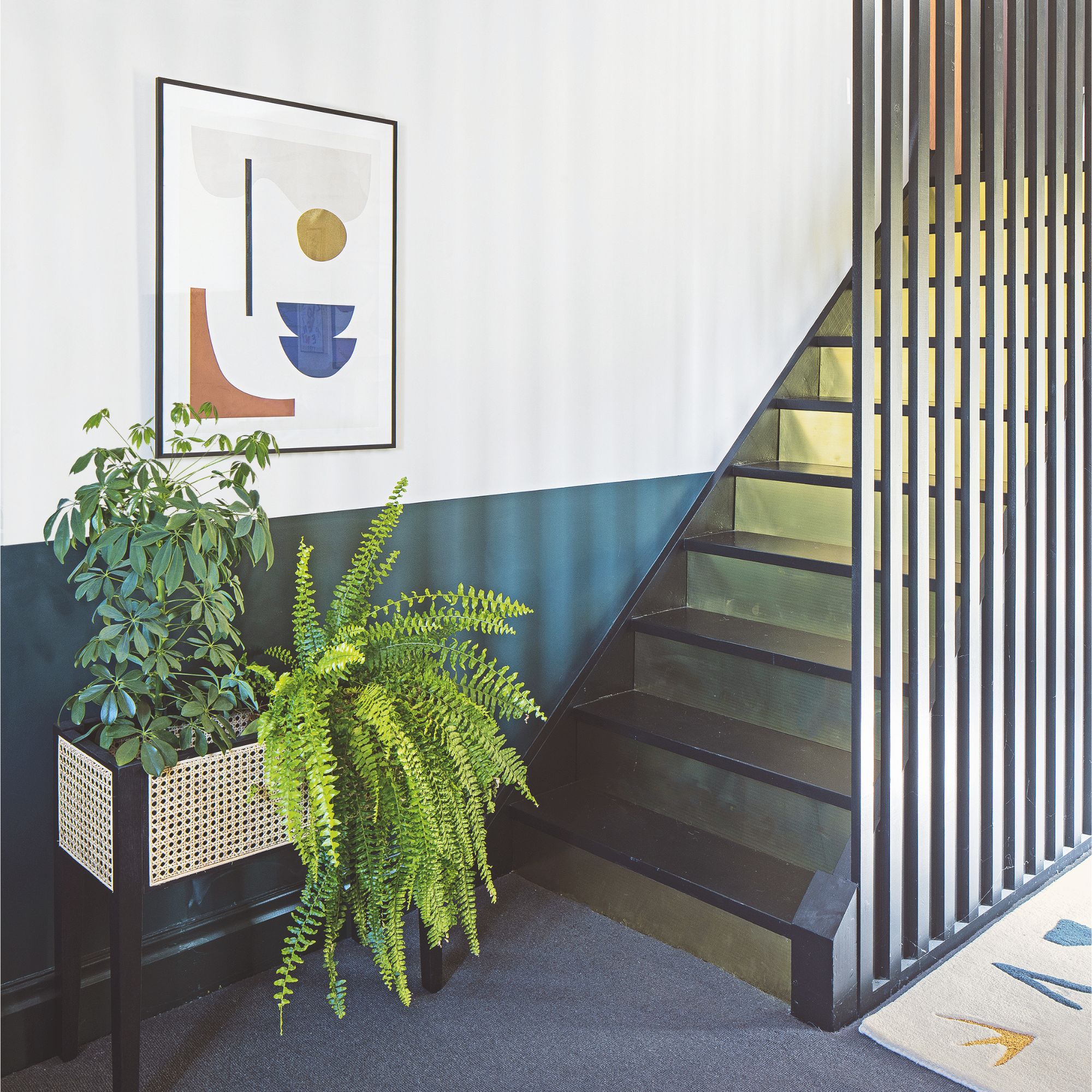
Ash also recommends adding diatomaceous earth to the soil of your houseplants to help get rid of flies. It's a natural powder made from tiny fossilised aquatic organisms.
'It's non-toxic to humans and pets, but lethal to flies and other insects,' Ash says. 'Sprinkle it on the soil surface of your plants to kill and deter flies.'
You can buy Multi-Mite® Diatomateous Earth Feed Grade on Amazon.
7. Repot your houseplants
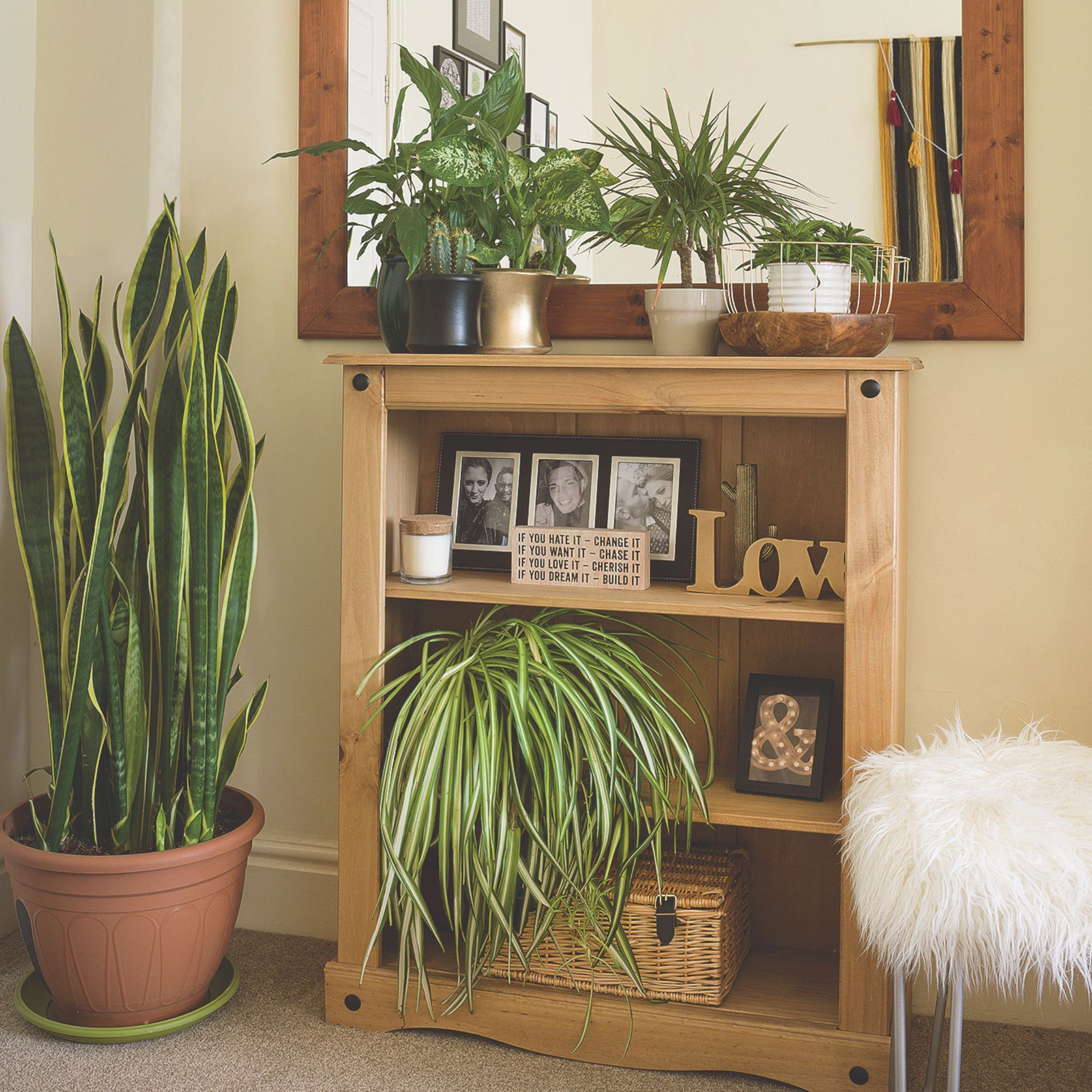
If all else fails and you’re sure the soil is infested with fly larvae, consider starting afresh by repotting your houseplants.
‘If you're dealing with an infestation, try repotting your plant with fresh soil to get rid of any larvae,’ says Jo from Beards & Daisies.
Just make sure you know which houseplants you can repot in winter to avoid making any winter houseplant mistakes.
FAQs
Why are there so many tiny black flies in my house?
If you've spotted an infestation of tiny black flies in your house, the likely culprits are fungus gnats. Like other fungal-related problems, these common houseplant pests are attracted to damp, humid conditions with lots of moisture.
So, make sure you aren't overwatering your plants, and check that there isn't a damp problem in your home that needs to be addressed.
Now you know how to keep flies off houseplants, you can start dealing with the pests more effectively!
Rachel Homer has been in the interiors publishing industry for over 15 years. Starting as a Style Assistant on Inspirations Magazine, she has since worked for some of the UK’s leading interiors magazines and websites. After starting a family, she moved from being a content editor at Idealhome.co.uk to be a digital freelancer and hasn’t looked back.
- Sophie KingGardens Editor
You must confirm your public display name before commenting
Please logout and then login again, you will then be prompted to enter your display name.
-
 My go-to Ninja coffee machine is on sale for Easter weekend
My go-to Ninja coffee machine is on sale for Easter weekendIt makes coffee shop quality achievable at home
By Molly Cleary
-
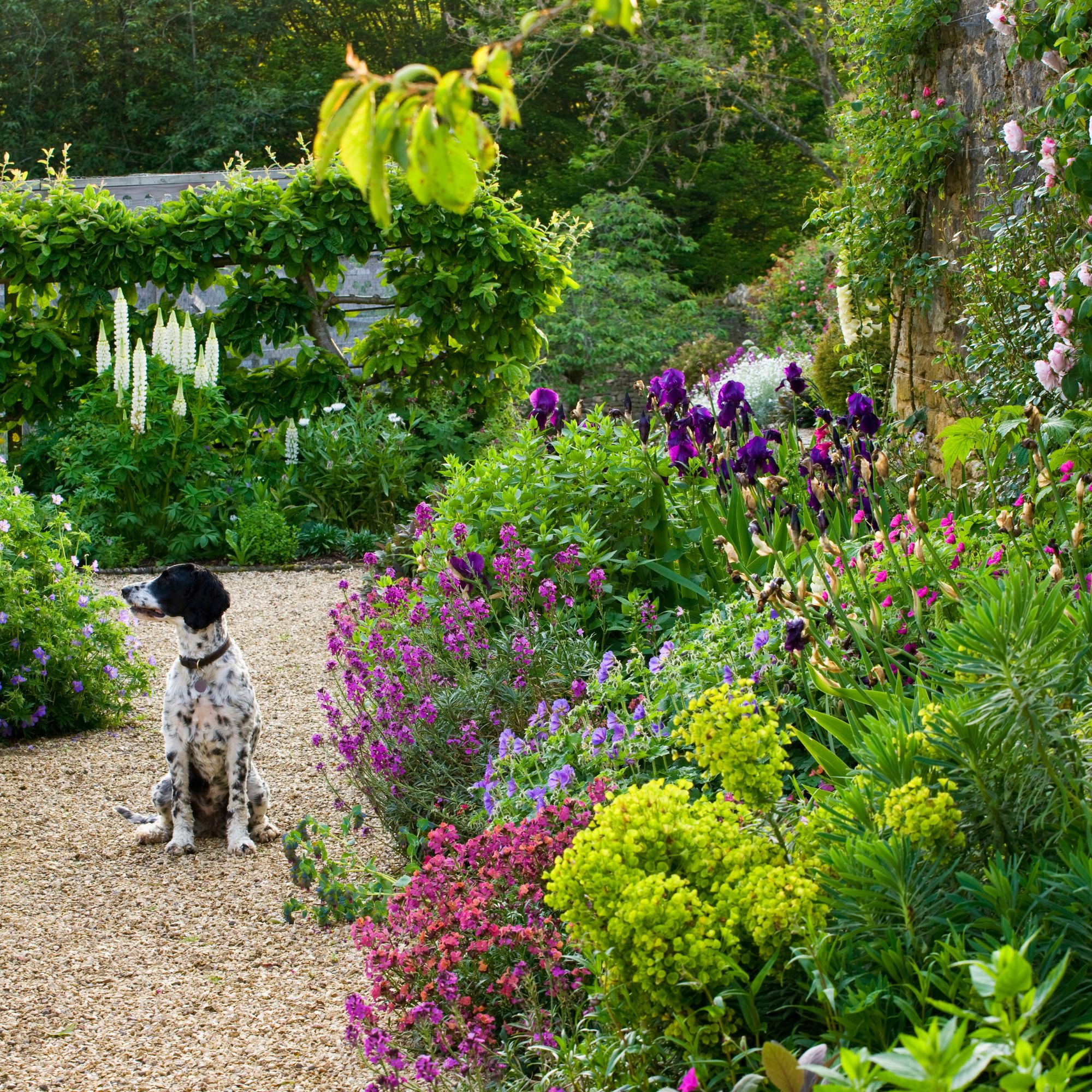 When to plant out annual flowering plants for vibrant, colourful garden borders – and give them the best start, according to experts
When to plant out annual flowering plants for vibrant, colourful garden borders – and give them the best start, according to expertsNot sure when to plant out annual flowering plants? We've got you covered...
By Kayleigh Dray
-
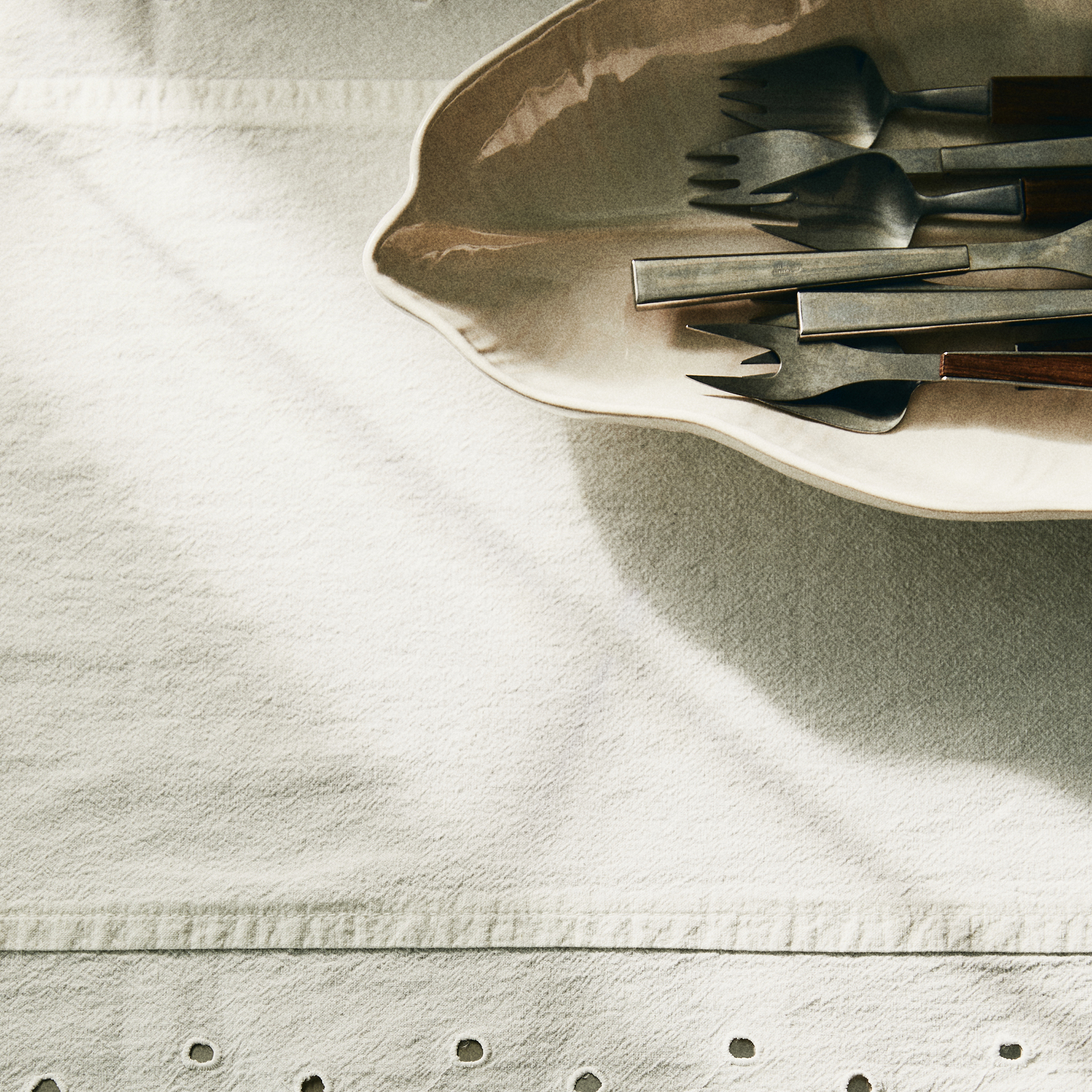 I'm a kitchen decor editor and didn't like this tableware trend - until I saw H&M Home's designer-look plates
I'm a kitchen decor editor and didn't like this tableware trend - until I saw H&M Home's designer-look platesThey made it easy to justify a new crockery set
By Holly Cockburn